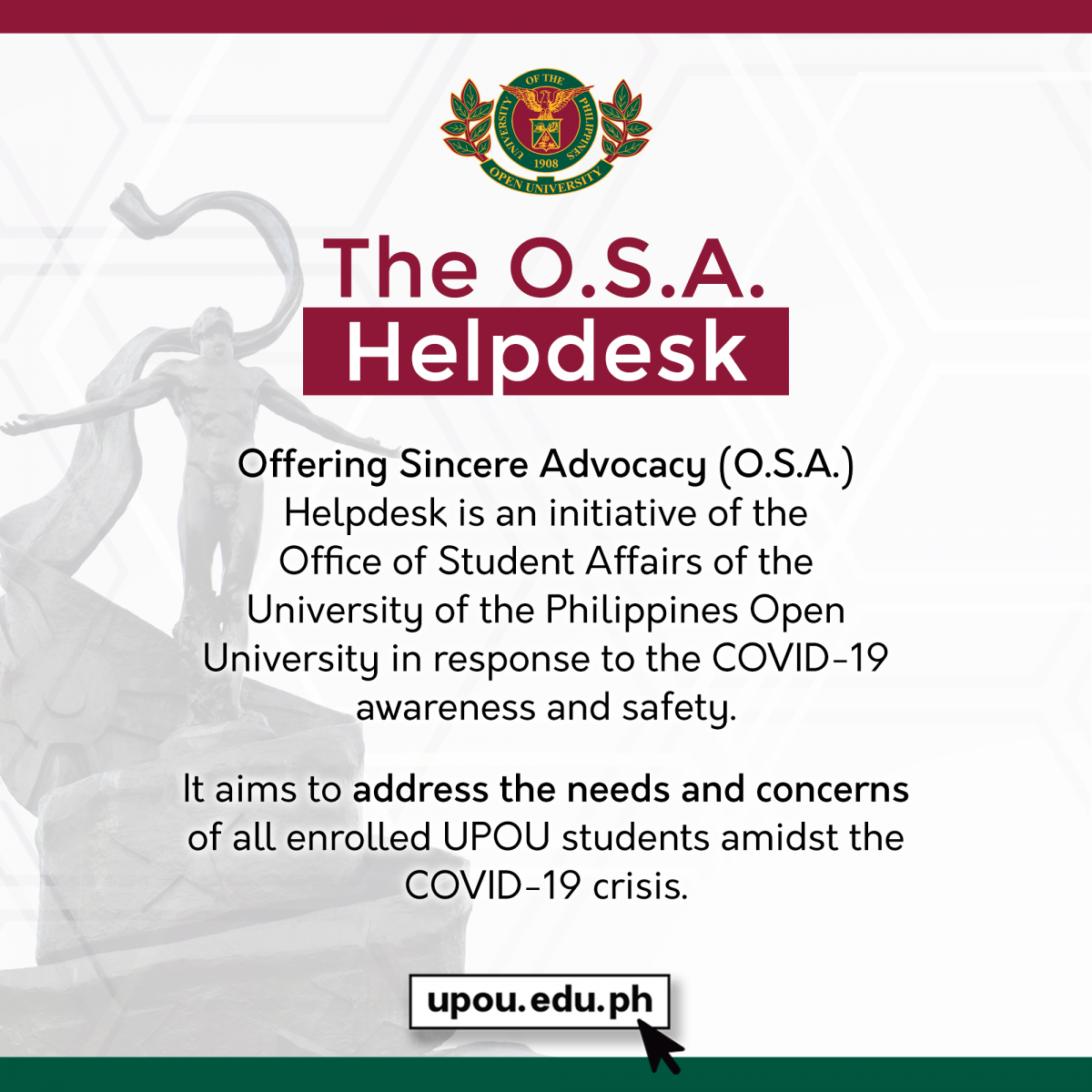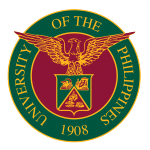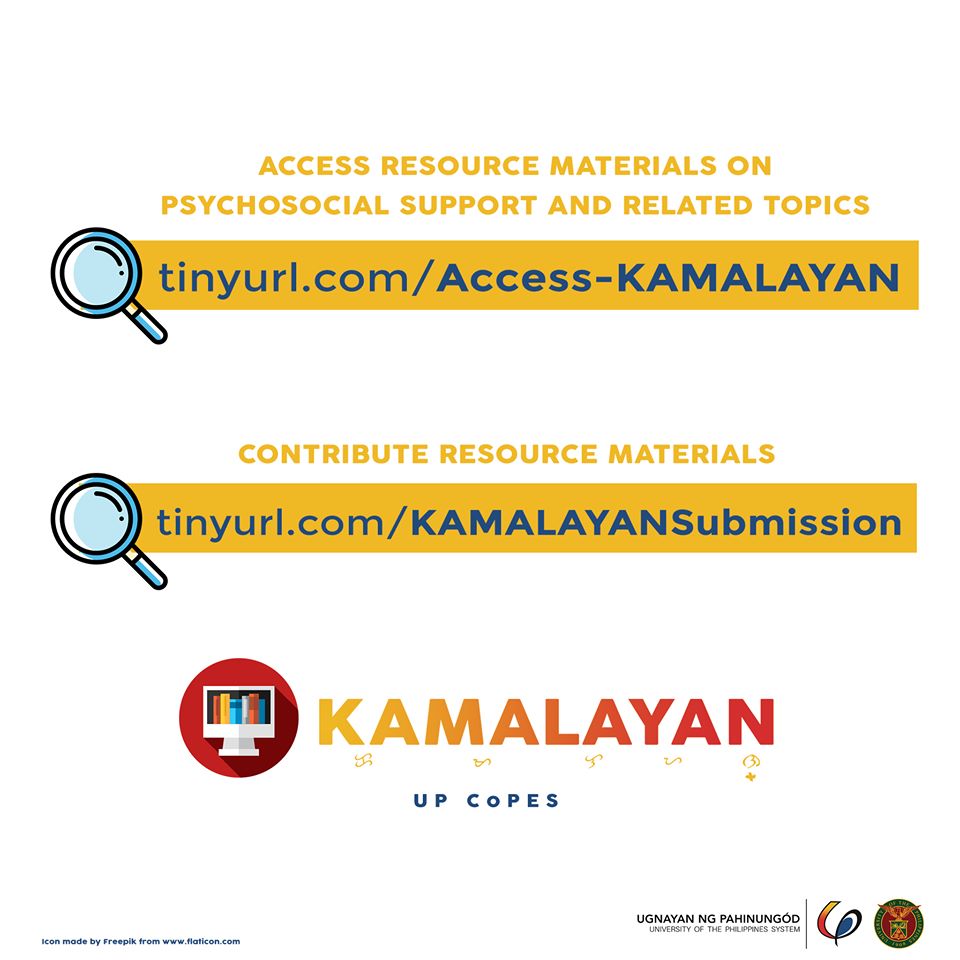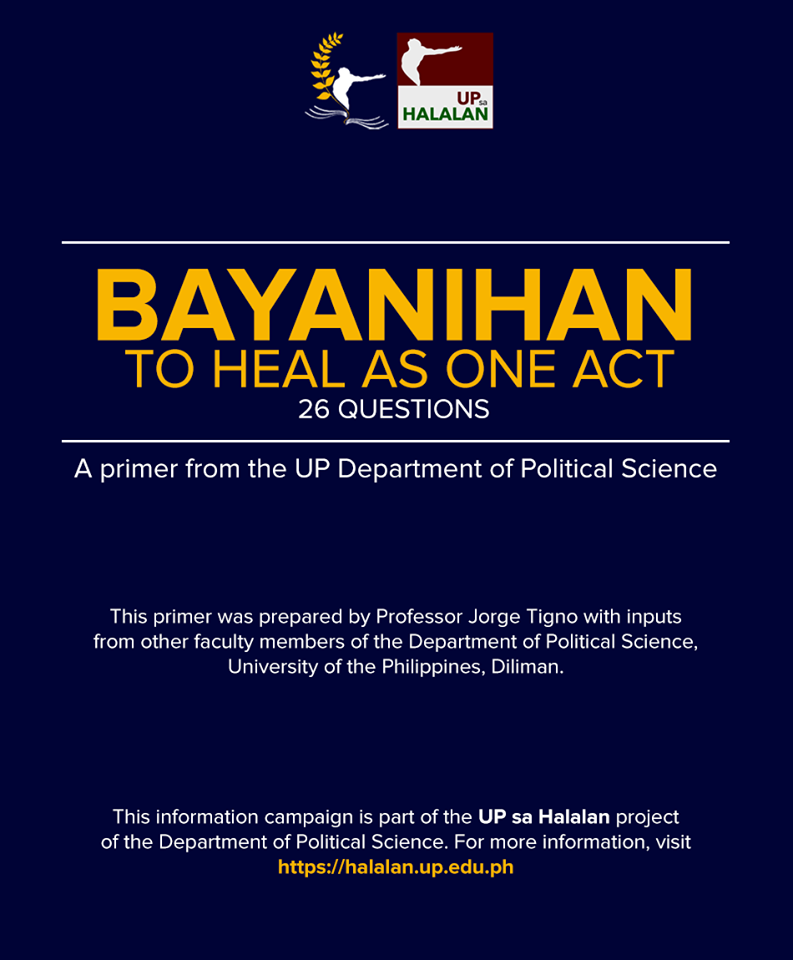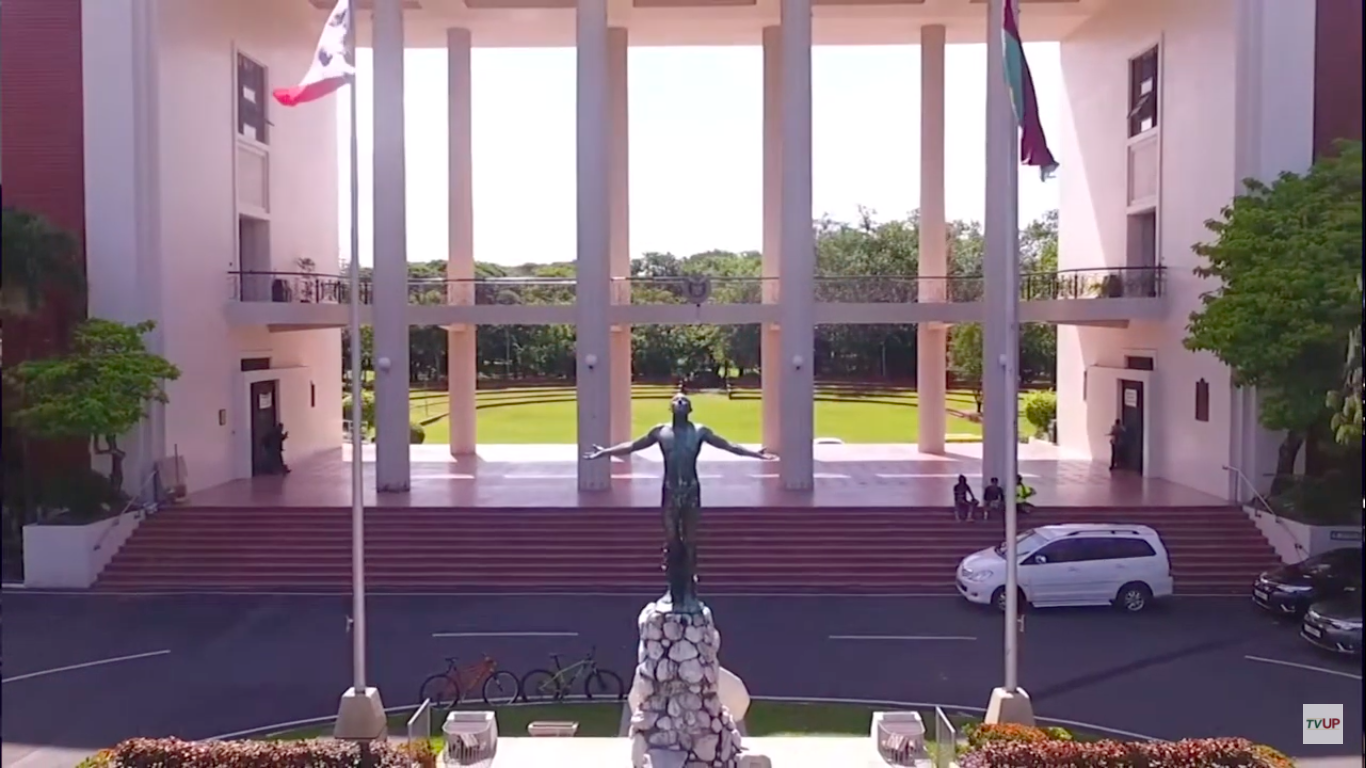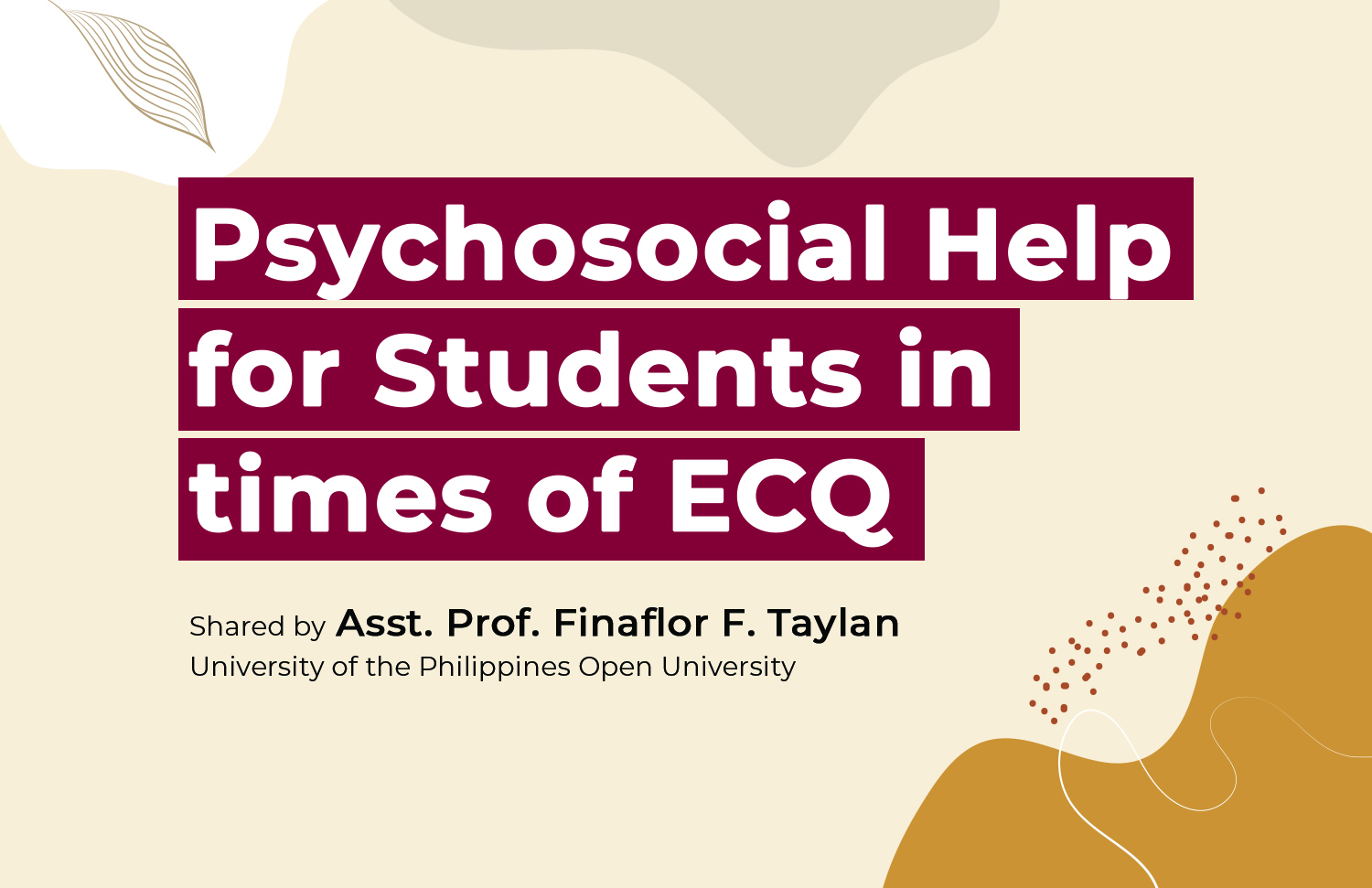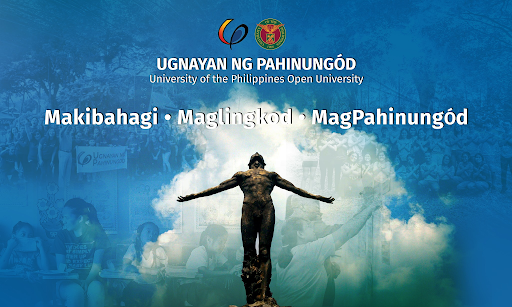The University of the Philippines Open University (UPOU) Office of Student Affairs (OSA) launched an online tool to respond to the concerns of UPOU students amid the COVID-19 outbreak. This is the Offering Sincere Advocacy (O.S.A.) Helpdesk.
Author: Padayon UP
A young instructor from the University of the Philippines-Manila’s College of Allied Medical Professions (CAMP) has earned the admiration of netizens for going beyond the call of duty amid the new coronavirus disease 2019 (COVID-19) pandemic.
With classes suspended, Physical Therapy instructor Marvin Louie Ignacio devotes most of his time assembling and packing hundreds of face shields for medical frontliners.
The Ugnayan ng Pahinungod Committee on Psychosocial Emergency Services (UP CoPES) created KAMALAYAN (Awareness), a hub of articles, books, videos, podcasts, and other resource materials on psychosocial support and other related topics.
The primer was prepared by Professor Jorge Tigno with inputs from other faculty members of the Department of Political Science, University of the Philippines, Diliman. It hopes to provide basic information related to the Bayanihan to Heal as One Act of 2020 and encourage the readers to discuss the issues surrounding the law and its implementation
The extension of the Luzon-wide Enhanced Community Quarantine (ECQ) raises the question on how effective the ECQ has been to contain the spread of COVID-19. If it is, how should it be implemented after April 30 without unnecessarily paralyzing local economies over a long period of time?
Sa patuloy na paglaban sa COVID-19, tumitindig ang Unibersidad ng Pilipinas bilang tunay na bulwagan ng dangal at husay para sa sambayanan.
Makikita sa maikling video, (Talunin Natin ang COVID-19! Bayanihan Na!) na ginawa ng TVUP, ang iba’t ibang naging tugon ng UP at ng walo nitong constituent universities upang labanan ang COVID-19.
What has kept us busy at home with the Enhanced Community Quarantine (ECQ) in effect? Many students who have had their classes suspended find comfort in their smartphones and all its applications, in home makeovers, in gardening, and in doing whatever hobbies (or chores) that help keep them busy. Since online classes are still ongoing […]
The delivery of locally developed COVID-19 real-time reverse transcriptase polymerase chain reaction (RT-PCR) test kits is finally moving after getting the nod from the Philippines’ Food and Drug Administration (FDA).
According to the weekly report of President Rodrigo Duterte to Congress, which was released on Monday, medical research company Manila HealthTek will be coordinating with hospitals that would receive the GenAmplify COVID-19 detection kits for proper training of their workers on using the test kits.
The GenAmplify kits, developed by local scientists from the Philippine Genome Center (PGC) and the University of the Philippines (UP)-National Institutes of Health (NIH), would serve around 27,000 tests.
The UP Vanguard, a group of officials and members of the reserve officer training corps at the state university, said in a statement on Saturday that they raised the amount to buy PPEs for frontliners working at Amang Rodriguez Memorial Medical Center in Marikina City and Philippine Heart Center in Quezon City.
The University of the Philippines Open University Office of Ugnayan ng Pahinungod (OUPahinungod) calls on UPOU students who are involved in any kind of volunteer work amid the COVID-19 pandemic. On 25 March 2020, the survey was released through the official Facebook page of the office, Ugnayan ng Pahinungód UPOU. It is aimed to simply document the volunteer activities of UPOU students, especially since UPOU has a number of students in the healthcare industry, and many are connected with different government and non-government organizations.

